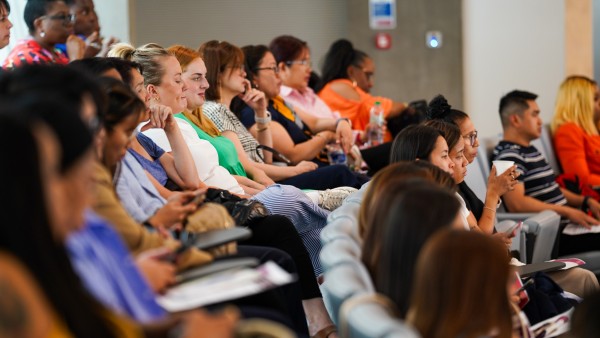Please see below a list of virtual and in-person events and courses.
For online courses that can be undertaken at any time, please visit the KHP Learning Hub.
Upcoming events and courses
-
-
Centre for Translational Medicine (CTM) Patient and Public Involvement and Engagement (PPIE) drop-in
Event date and time: 9 February 2026, 12:30pm to 1:30pm
Online
-
Centre for Translational Medicine (CTM) Patient and Public Involvement and Engagement (PPIE) drop-in
Event date and time: 24 February 2026, 12:30pm to 1:30pm
Online
-
Event description:
Reducing health inequalities in access and adherence to lung cancer pathways for adults living with severe mental illness
-
KHP Primary Care Webinar - The role of primary care in HIV
Event date and time: 25 February 2026, 1:00pm to 2:00pm
Online
-
Academic Surgery Grand Round - Surgical Simulation
Event date and time: 26 February 2026, 5:30pm to 6:30pm
Online
-
-
-
KHP Rare Disease Network PPIE Event
Event date and time: 6 March 2026, 12:00pm to 4:45pm
The Great Hall, Strand Campus, King's College London, WC2R 2LS
Event description:
Demystifying the connection between patients and researchers
-
Centre for Translational Medicine (CTM) Patient and Public Involvement and Engagement (PPIE) drop-in
Event date and time: 17 March 2026, 12:30pm to 1:30pm
Online
-
Centre for Translational Medicine (CTM) Patient and Public Involvement and Engagement (PPIE) drop-in
Event date and time: 30 March 2026, 12:30pm to 1:30pm
Online
-





